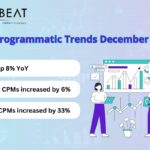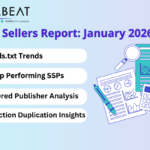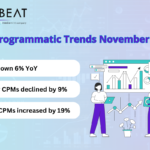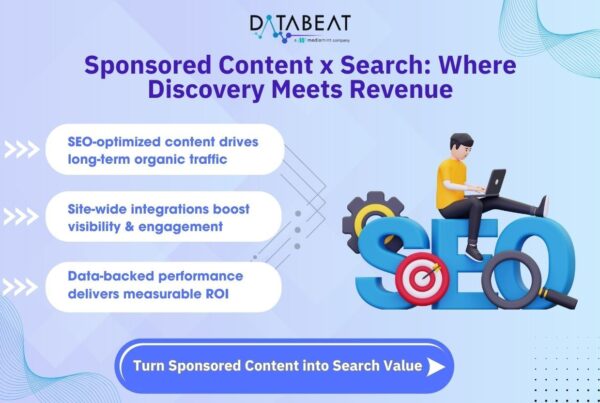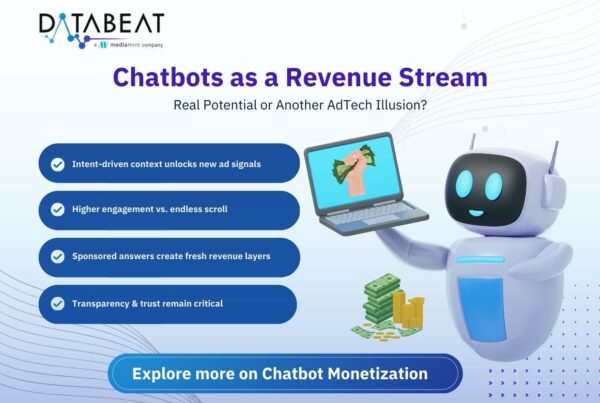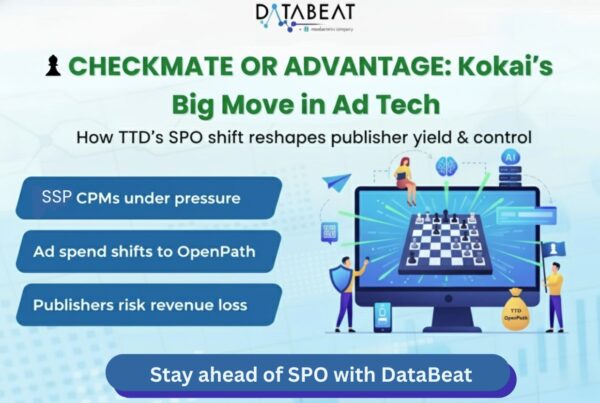
Want to know how much you could benefit from Ad Refresh? Use our calculator to find out!
Children are the most valuable asset and one of the most rapidly growing online users or audiences. Thereby, policy makers around the world are striving to protect and monitor young children’s online well-being and to protect them from potential online abuse and privacy violations.
The COPPA is not new to the world, it has been existing since the last two decades but due to several online conflicts like privacy breaches and heightened consumer awareness leading to these alarming discussions.
What is COPPA?
-
- COPPA stands for “Children’s Online Privacy Protection Act”.
- COPPA is a U.S. Federal law passed in 1998 and came into effect in April 2000. COPPA, enforced by the Federal Trade Commission (FTC), has emerged as an epitome in children’s data privacy. This law regulates and restricts the companies (websites, mobile apps & advertising) from collection and usage of data from children under the age group of 13 without parental consent.
- It outlines what information cannot be obtained about children without the approval of their parents, how to get a parent’s verified consent before collecting any personal data, and what obligations companies have to safeguard children’s safety and privacy online.
- If in case, you need to access or seek personal information from a child, a business must obtain Verified Parental Consent (VPC) before collection of data.
What are VPC requirements?
The process requires you to contact a parent, to verify his or her identity, and then to obtain his or her consent: A clear mechanism for parents to provide opt-in consent for their kids before data collection. The ability for parents to review the personal information collected from their child and let them delete it.
-
- Definition of Personal information under COPPA, includes anything that can be used to identify and track a child over sites, apps, or devices. Identifiers (Google ad IDs, fingerprints, cookies, IDFAs), precise geographic location, IP address, referrer URLs, photos, videos and voice recordings of children – all these can be considered as personal information.
- COPPA prohibits behavioral advertising, retargeting or child profiling on most of the websites and apps that are directed to children.
- COPPA Rule talks about what the website owners and online service providers must adhere to protect children’s online privacy and safety.
Does COPPA restrict advertising to children? The answer is a BIG NO!
- While COPPA does not prohibit advertising to children, it states that you may not collect any personal information from children under 13 years of age without verifiable parental consent. This is intended to stop, among other things, the behavioral advertising, retargeting, and profiling of children under 13.
- As an advertiser, COPPA prohibits you from using any personal information collected from children without parental consent — which essentially requires you to use strictly zero-data advertising technology or certified ‘kidtech’ to deliver your advertising on a contextual basis only.
What is Zero Data Advertising ?
-
- Avoiding social media embedded widgets or data-enabled video players on your online services. Turning off data collection and configure privacy settings to their maximum levels on these platforms to maintain compliance.
- Allowing only contextual advertising and only from partners you have audited for compliance with COPPA that have contractually committed to such compliance.
What is Kidtech?
-
- In general, kidtech describes the infrastructure, products, and services used to power children’s digital experiences including advertising. Increasingly advertisers, agencies, content creators, and monetization platforms on both the buy-side and the sell-side have employed kidtech to manage and ensure compliance with COPPA.
- As a content owner, COPPA restricts you to contextual advertising with partners that do not collect any personal information from children.
COPPA flag in Programmatic advertising:
As per IAB’s OpenRTB specification, the COPPA flag is an attribute of a bid request that signals whether that request is for the opportunity to serve an ad to a child protected by COPPA. (It is the publisher issuing the bid request who has determined whether the user is a child)
The flag will have a value of 1 if the user is a child subject to COPPA, and a value of 0 (non-child) otherwise.
What not to do when the user is a child?
- When you receive a bid request with the COPPA flag, do not attempt to apply behavioral buying (e.g., retargeting, DMP-based audience buys, or message sequencing).
- On bid response, ensure that no trackers are added to the impression or click, including ID sync pixels, measurement requiring personal data, or any other third-party tracker.
- Drop all bid requests with COPPA = 1 if bid stream ingestion is for identity mapping (probabilistic or deterministic), audience segmentation, or user-specific profiling.
Effects of COPPA restrictions:
- Adx winning at lower prices: Advertisers find COPPA compliant impressions less valuable than others. Therefore, bids on these impressions would be lower. For this reason, when it comes to non-restricted inventory in auctions, AdX might be able to win these impressions at cheaper CPMs.
- Lower CPMs: Some advertisers may be willing to accept lower CPMs provided that the impressions adhere to COPPA if they focus on increasing the general awareness of their products, regardless of how accurate it may be.
- Drop in Demand: Due to these targeting restrictions, advertisers are typically less interested in purchasing COPPA-compliant inventory than they are in highly targeted audiences. Their CPMs may therefore be lower than those of advertisers who are not subject to these restrictions due to the decreased demand for these ad slots.
- Limited targeting: The use of sophisticated targeting techniques is restricted by COPPA restrictions, which limit the types of data that can be acquired from individuals under the age of 13. Because of this, advertisers are unable to target children with customized ads or precise behavioral data, which reduces the desirability of their inventory.
- Increased Inventory Availability: Because fewer contributors will be searching for these kinds of ad perceptibles, they will draw fewer users, which will cause their prices to rise and make them less enticing.
- Configuring Specific Advertiser Line Items: AdX allows advertisers to establish customized line items for inventory that complies with COPPA regulations. These line items are designed to solely target COPPA-compliant audiences, and the related bids are subject to change.
- Bids for Modifications to Compliance: Bids inside these line items may be lower because there isn’t any targeting on impressions. Because there would probably be less competition for these non-targeted advertising, AdX would receive its impressions at lower CPMs.
- Costs Associated With Compliance: Advertising may need to hire private sector companies in addition to incurring additional costs and procedures.
How can DataBeat help here?
DataBeat supports compliance with the Children’s Online Privacy Protection Act (COPPA) by identifying ad serving restrictions, providing detailed insights into ad performance, and enabling audience segmentation by age. It also helps to identify ad serving restrictions, provides insights into your ad inventory & performance analytics, and offers ad filtering to block non-compliant ads and provides tools for ongoing compliance monitoring, ensuring that your ad practices adhere to COPPA regulations.



